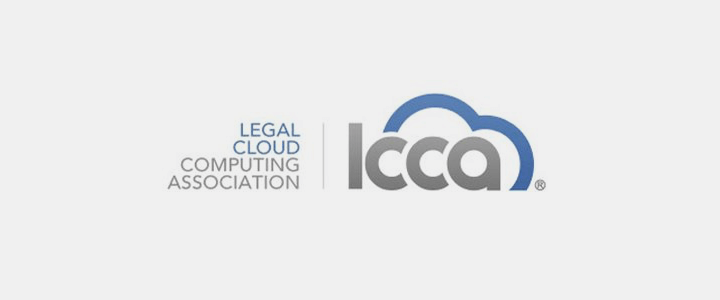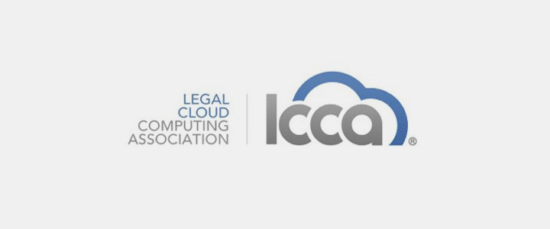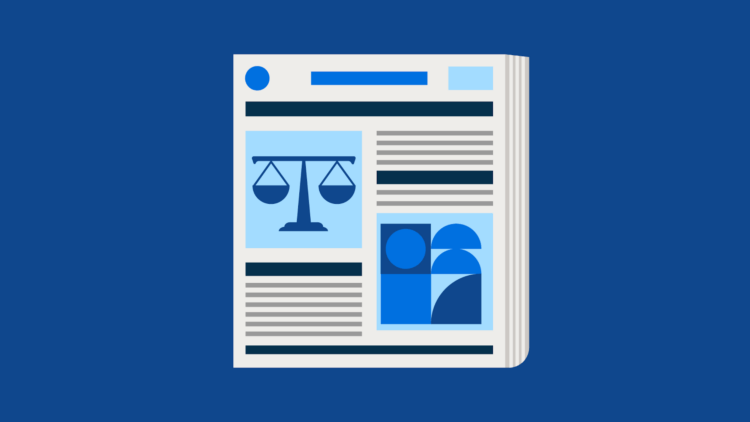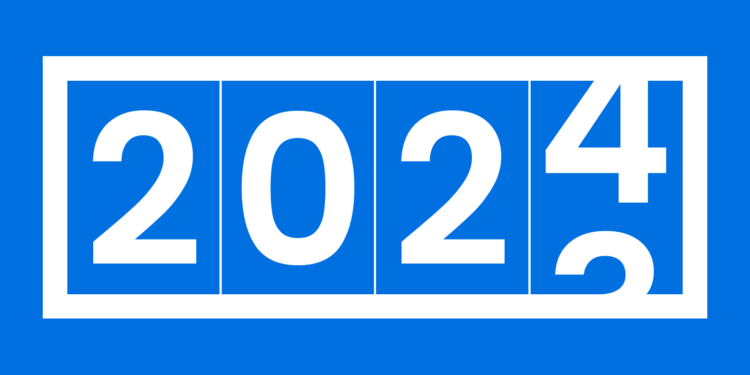The Legal Cloud Computing Association proudly announced its first set of cloud security standards crafted specifically for the legal industry at the ABA TECHSHOW on March 17, 2016.
Version 1.0 of these industry leading standards were finalized after the association’s initial draft was opened to a 30-day public comment period and was thoroughly reviewed by a panel of legal professors, lawyers, cloud specialists, and more.
“We’ve received feedback on these standards from attorneys, bar associations, law societies, law firms, and leading technology companies,” said Jack Newton, President of the LCCA. “Each gave their support for the LCCA’s efforts to organize standards that help with law firms’ security.”
Twenty-one cloud security standards have been expertly crafted and vetted based on the current and future needs of lawyers and their clients. Based on impending and current issues and threats, the version (now available online) addresses cybersecurity, client data management, encryption techniques, and other constructive information for lawyers.
The LCCA will continue to research and adjust the Cloud Security Standards as the industry advances and evolves to meet emerging concerns surrounding the use and storage of confidential information online. The association is dedicated to the ongoing protection of lawyers, clients, and legal tech companies alike.
About the Legal Cloud Computing Association:
Formed in 2010, The Legal Cloud Computing Association (LCCA) is the collective voice of the leading cloud computing software providers for the legal profession. The LCCA’s inaugural members consist of Clio (Themis Solutions, Inc.), DirectLaw, Inc., NetDocuments Inc., Nextpoint, Inc., Onit, Inc., and Rocket Matter, LLC. To find out more about the LCCA, visit http://www.legalcloudcomputingassociation.org/.
For more information, click here.
We published this blog post in March 2016. Last updated: .
Categorized in: Clio, Technology









